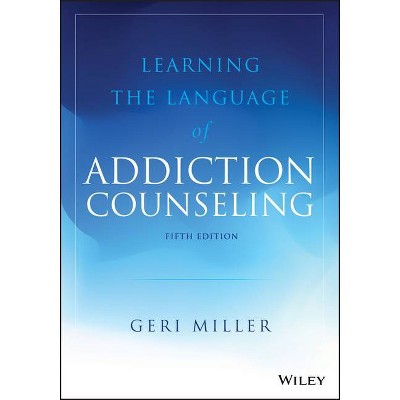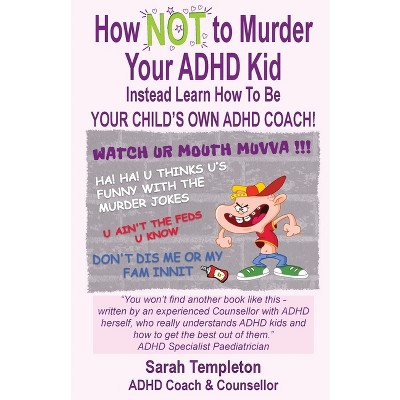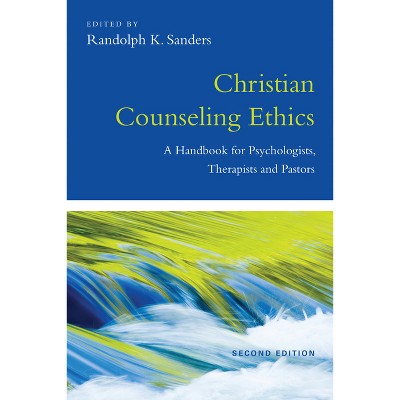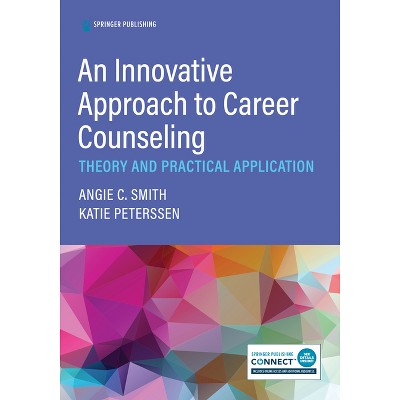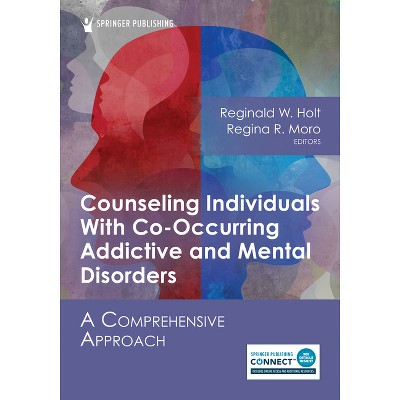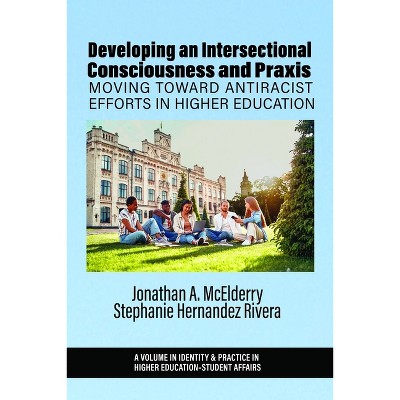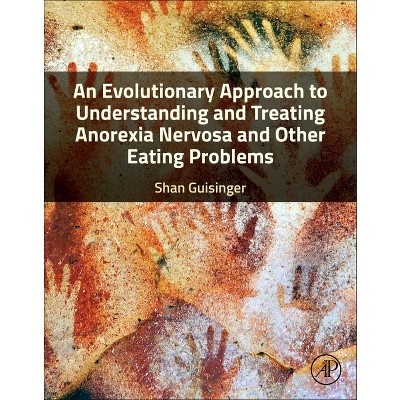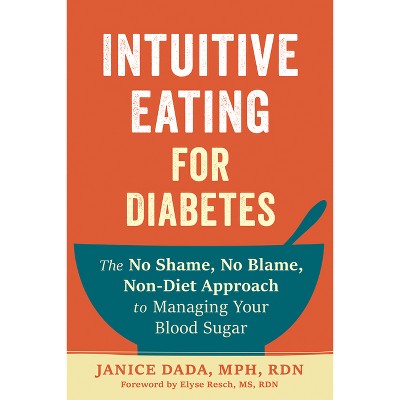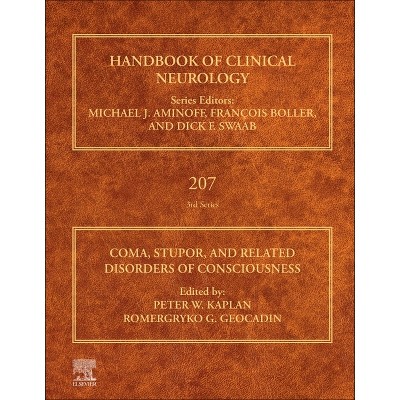Sponsored

Counseling Individuals with Eating Disorders: An Intersectional Approach - (An Intersectional Approach to Counseling and Health) (Paperback)
In Stock
Sponsored
About this item
Highlights
- Counseling Individuals with Eating Disorders: An Intersectional Approach was written to provide mental health professionals and students of counseling, medicine, psychology, social work, and other helping professions, with useful information and suggestions for their work with individuals with eating disorders.
- About the Author: Merle A. Keitel, PhD is a professor in the Counseling Psychology doctoral program and former chair of the Division of Psychological and Educational Services at Fordham University's Graduate School of Education.
- 310 Pages
- Psychology, Psychotherapy
- Series Name: An Intersectional Approach to Counseling and Health
Description
About the Book
Counseling Individuals with Eating Disorders: An Intersectional Approach was written to provide mental health professionals and students of counseling, medicine, psychology, social work, and other helping professions, with useful information and suggestions for their work with individuals with eating disorders.
Book Synopsis
Counseling Individuals with Eating Disorders: An Intersectional Approach was written to provide mental health professionals and students of counseling, medicine, psychology, social work, and other helping professions, with useful information and suggestions for their work with individuals with eating disorders. The chapter authors rely on an intersectional understanding of the human experience and specifically focus on how individuals with various intersecting identities experience, understand, and seek support for their disorders. We are so grateful to the diverse group of authors who collectively contributed their professional expertise to create this culturally-centered, engaging, and interdisciplinary resource. We strongly believe that our book fills a unique gap in the currently available texts that address these issues because case examples are included that are embedded in a specific sociocultural context. It is important to note that, although a range of illnesses are represented, the book is not comprehensive. Each chapter has great practical significance and utility for mental health practitioners as well as students in training. Chapters focus on general topics such as intersectionality and ethics, counseling individuals with specific eating disorders, counseling special populations, and counseling parents. Each of the disorder-specific chapters in the book begins with a description of the disorder, research regarding prevalence rates across diverse groups, and evidence-based treatments. Most chapters include an extended case vignette that highlights considerations relevant to a client's intersectional identity. Readers are provided with an analysis of the vignette from the perspective of a theoretical approach or approaches supported by empirical research. Chapters conclude with future directions for treatment, research, theory, and policy, as well as four to five questions for discussion.
About the Author
Merle A. Keitel, PhD is a professor in the Counseling Psychology doctoral program and former chair of the Division of Psychological and Educational Services at Fordham University's Graduate School of Education. Her primary teaching responsibilities are in the areas of individual psychotherapy and counseling theory and process. Dr. Keitel is proud of the accomplishments of the many doctoral students she has mentored over the past 38 years. She is the co-author with Mary Kopala of Counseling Women with Breast Cancer (Sage, 2000) and the co-editor of the Handbook of Counseling Women (Sage, 2003, 2017). She has written numerous book chapters and articles on topics related to women's issues and health psychology such as eating disorders, cancer, infertility and miscarriage, and PCOS. She was given the James C. Hansen Humanitarian award from the University of Buffalo, the Katherine J. Scanlon Award for 'extraordinary contribution to Fordham University and to the field of Psychology', and was represented in the Oral History of Feminist Psychologists (Division 35, APA).
Melinda Parisi Cummings, PhD is a licensed psychologist with over 25 years of experience in working with those with eating disorders. She is currently an Associate Professor in the APA-accredited doctoral program in Counseling Psychology at Holy Family University, with primary teaching responsibilities in the areas of assessment, psychopathology, and clinical practice. Prior to her faculty appointment, she served for fifteen years as Program Director of the Princeton Center for Eating Disorders at Penn Medicine Princeton Medical Center. She continues to serve as a consultant to the program and is an affiliate member of the Penn Medicine-Princeton medical staff. She has written and presented extensively on assessment and treatment of eating disorders, the impact of eating disorders on families, and ethical issues in providing care. She maintains a part-time psychotherapy and supervision/consultation practice and is a Certified Eating Disorders Specialist and Approved Consultant through the International Association of Eating Disorder Professionals.
Jennie Park-Taylor, PhD is an Associate Professor and the Director of Training of the APA-accredited doctoral program in Counseling Psychology at Fordham University's Graduate School of Education in New York City. Her primary teaching responsibilities are in the areas of multicultural counseling, qualitative research methods and family counseling and assessment. Dr. Park-Taylor has written numerous articles and book chapters on topics related to intersectional social identities, the health and wellness of minoritized individuals and threats to identity and healthy development (e.g., racism, stereotype threat).
